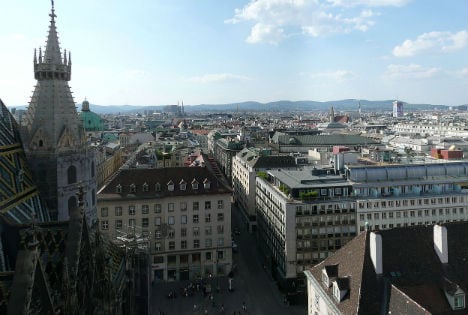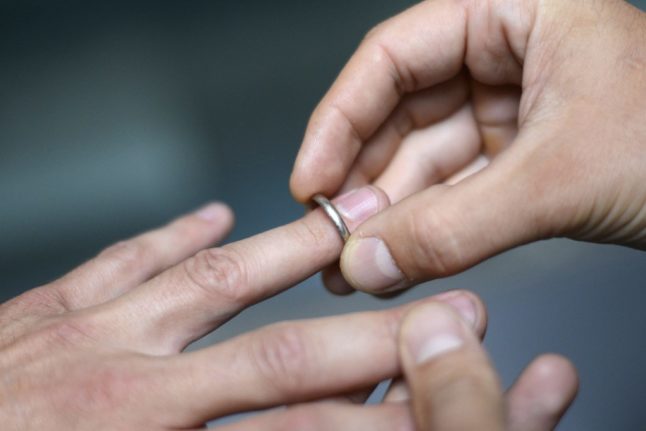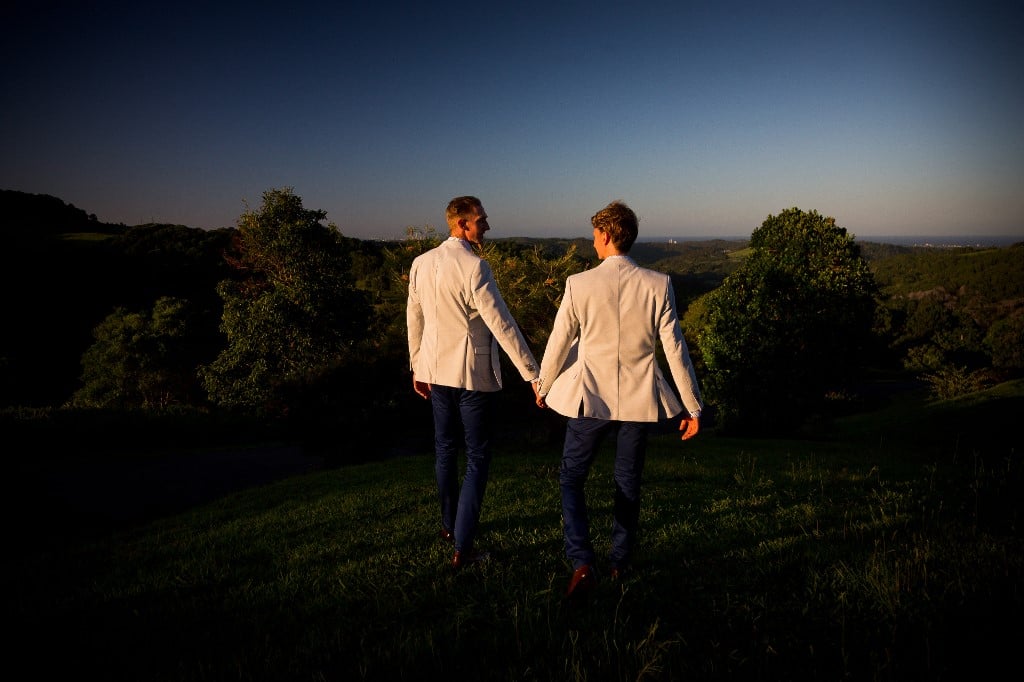The CEO of property management company Buwog, Andreas Holler, told a press conference that not enough homes are being built and urged the city government to devote more time and money to planning new developments.
Vienna's population has grown by 150,578 people since 2010 – and just last year it grew by another 43,236 people, largely due to increased immigration and the refugee crisis.
Experts estimate that as the population continues to grow the city will need between 8,000 and 10,000 new homes per year – the majority of it low-cost. The average household in Vienna has just two people.
Holler estimated that, taking into account the population growth last year, an extra 11,000 homes need to be built this year. Michael Ehlmaier from property company EHL said that affordable two and three bedroom apartments will be most in demand. It’s predicted that the number of refugees requiring low-cost, social housing will also have an effect on the market.
Property companies are calling on Vienna’s government to speed up the process for new housing developments and focus on providing affordable apartments. Buwog boss Daniel Riedl said that currently the standards of subsidized housing are too high, and he sees the potential for savings by scrapping shared ‘social areas’ in apartment blocks.
Buwog and EHL both expect property prices in Vienna to increase this year – by around 1.25 percent in the rental sector and for those who intend to buy, by between two and three percent, depending on location.
Meanwhile, Vienna’s governing social democrats (SPÖ) and Greens are fighting about new housing developments – with the SPÖ councillor for housing Michael Ludwig accusing the Greens of on the one hand encouraging an influx of asylum seekers and on the other hand blocking new construction projects because of environmental concerns.
But Greens planning and transport councillor Maria Vassilakou said the sluggish pace of development was not down to her and that there is currently enough unused land in Vienna to build 33,000 new homes.





 Please whitelist us to continue reading.
Please whitelist us to continue reading.